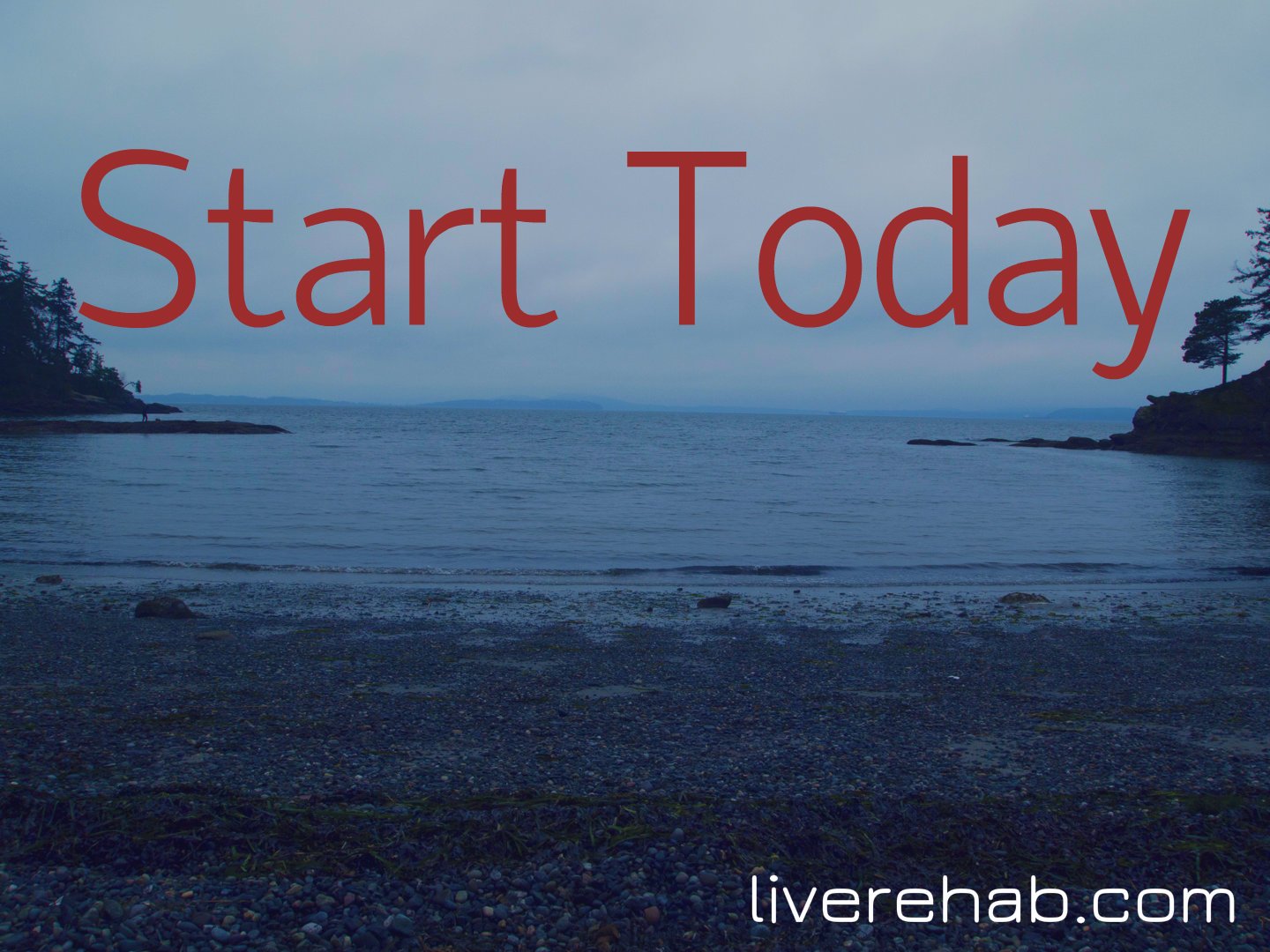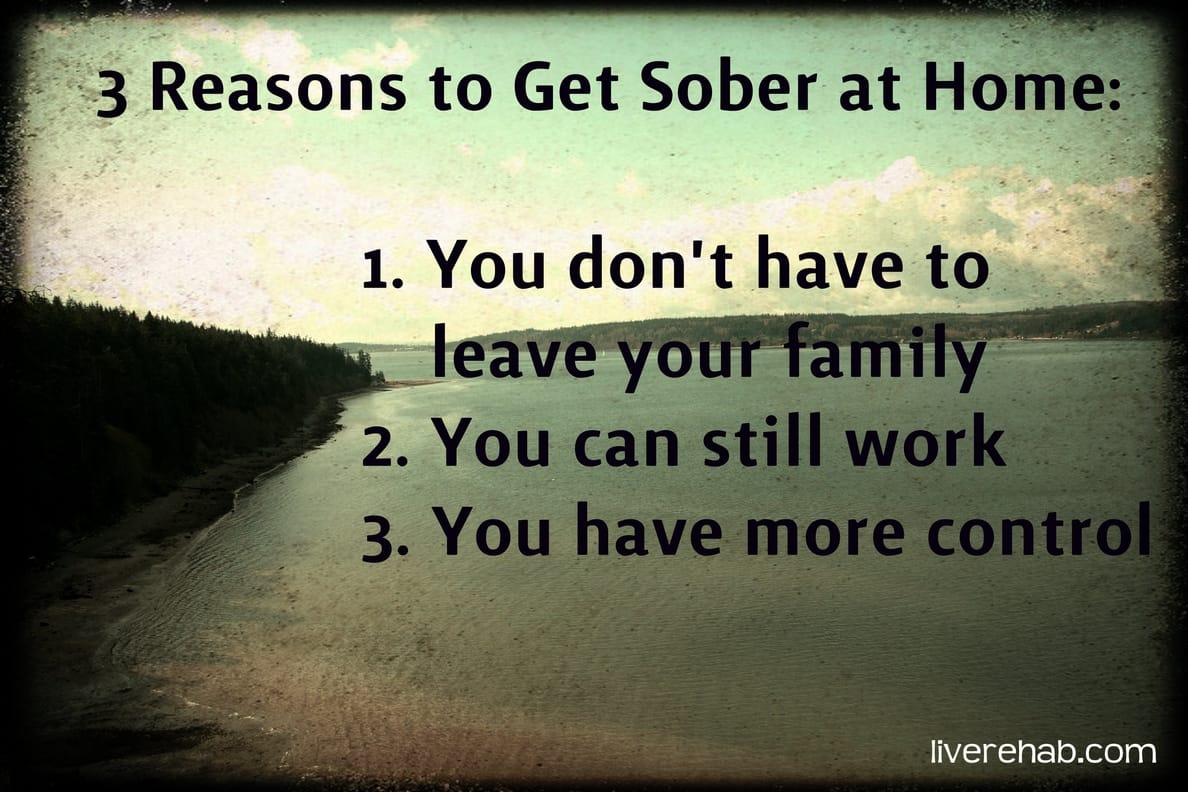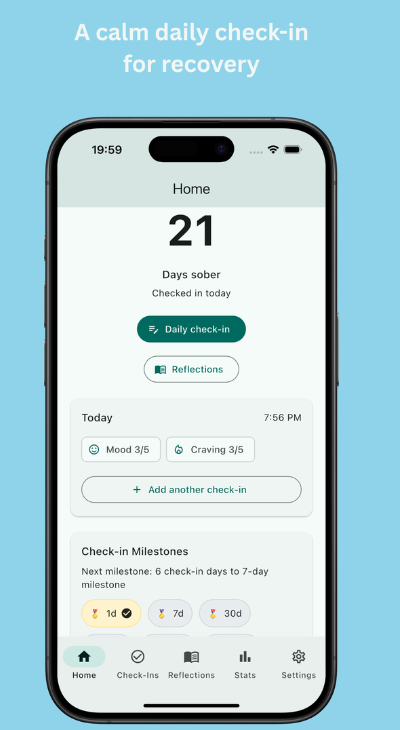
Behavioral Effects of Psychoactive Substances
Psychoactive substances affect the behavior of people using. Different substances affect different behaviors. For example, those who abuse alcohol may behave violently or belligerently. Those who abuse opioids may behave neglectfully. Not everyone behaves the same of course but it’s important for addiction professionals to understand how different psychoactive substances affect behavior.
Psychological Effects of Psychoactive Substances
The age old question: what came first? The addiction or the mental health struggle? This is important for addiction professionals to understand and uncover when working with clients. For example, did smoking marijuana cause their client’s anxiety or did their client smoke marijuana to try and get rid of their anxiety? Different substances have different psychological effects and it’s crucial for professionals to recognize this.
Physical Effects of Psychoactive Substances
Psychoactive substances have different physical effects too. While some effects are behavior related it’s important to know what kinds of physical effects different substances can cause. For example, opioids can cause constipation and alcohol can cause high blood pressure. Outward physical effects are more noticeable but the addiction professional should always ask the important questions and provide resources to a medical doctor if needed.
Social Effects of Psychoactive Substances
Some psychoactive substances are more social than others but when thinking about the social effects it is important for the addiction professional to gain cultural knowledge. For example, alcohol is often culturally accepted and when someone quits alcohol it can be shown as a sign of weakness. Other social factors to consider would be poverty and wealth. Addiction doesn’t just affect the poor it equally affects the rich but in different ways. Just because someone has a ton of money and can dress and look the part, doesn’t mean they are struggling any less. Addiction professionals need to be aware of this.
Effects on Significant Others
All of these effects can affect significant others incomprehensible ways oftentimes leading to exhaustion. Also, it’s important to connect the relationship between infectious diseases such as sexually transmitted infections and substance use. Significant others can be impacted.
Addiction professionals need to be sensitive to all of these influences and how the development of addiction progresses. I.E. initiation, intoxication, harmful use, abuse, dependence, withdrawal, craving, relapse, and recovery. [clickToTweet tweet=”Addiction professionals need to be interested in new research and findings so they can bring the latest developments.” quote=”Addiction professionals need to be interested in new research and findings so they can bring the latest developments to their practice ” theme=”style6″]to benefit their continuous efforts when working with clients.



